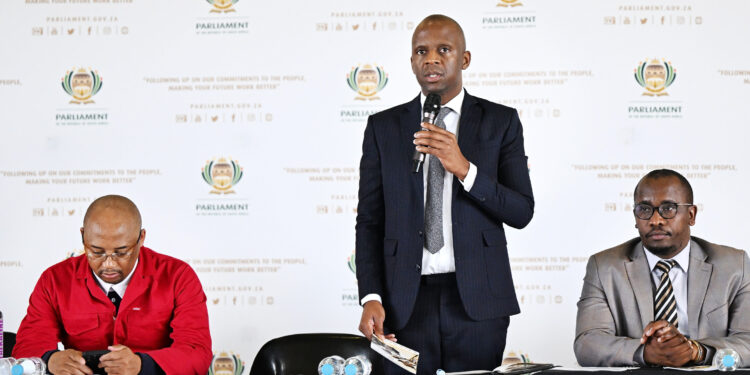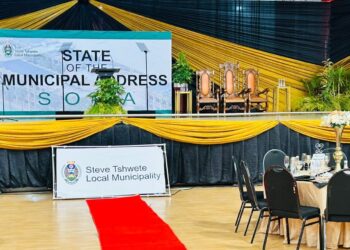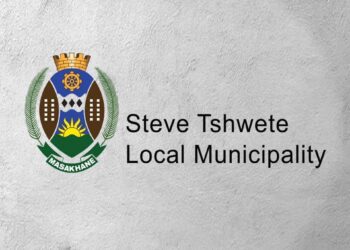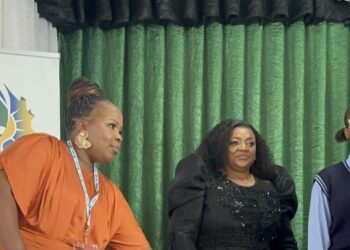EMALAHLENI – The Portfolio Committee on Home Affairs concluded its final public hearing in Mpumalanga on the proposed Marriage Bill on Sunday, 6 April 2025, at the eMalahleni Civic Centre.
The hearing, chaired by Mosa Chabane, served as a platform for public engagement, allowing citizens to cast their votes, raise concerns, and share their views on the far-reaching implications of the draft legislation.
This marked the third and final session in the province, following earlier hearings in Mbombela (Ehlanzeni District) and Ermelo (Msukaligwa Local Municipality, Gert Sibande District). A key point of debate across all three was the Bill’s proposed legal marriage age of 18.
While many supported the Bill’s intent to strengthen marriage laws and safeguard vulnerable groups, some raised concerns over the age provision.
“I oppose the legal age of 18 years. Someone that age is still a child and not mature enough to marry. Let the age be 21,” said Phumzile Mahlangu. Several echoed this sentiment, citing emotional immaturity, school commitments, and the risk of exploitative marriages, particularly by foreign nationals seeking legal residency.
Another contentious clause is the requirement for written consent from the first wife in polygamous marriages. Opinions were split. “This clause will destroy a well-established cultural practice,” said Ukuhlolwa Chairperson, Prince Olifant Masango. Others labelled it a Western imposition on African tradition.
However, many, especially women, welcomed the clause.
“I fully support the first wife being asked for consent,” said Jwana Skhosana. “As an old woman, there are duties I can no longer fulfil. A second wife can help all of us.”
Supporters highlighted that the clause could also protect women and children’s property rights and prevent inheritance disputes. Members of the Muslim community expressed dissatisfaction with the Bill, arguing it fails to align with the Constitutional Court ruling in the Women’s Legal Centre Trust vs President of South Africa case. They urged that Islamic Personal Law be respected and not diluted by converting Muslim marriages into civil ones.
Marriage officers also raised implementation concerns, pointing to the need for administrative clarity and strong support structures. “We thank all South Africans who came out in their numbers to make meaningful contributions,” said Chabane.
The inputs from eMalahleni will now feed into the national deliberation process, reflecting democracy in action.
























